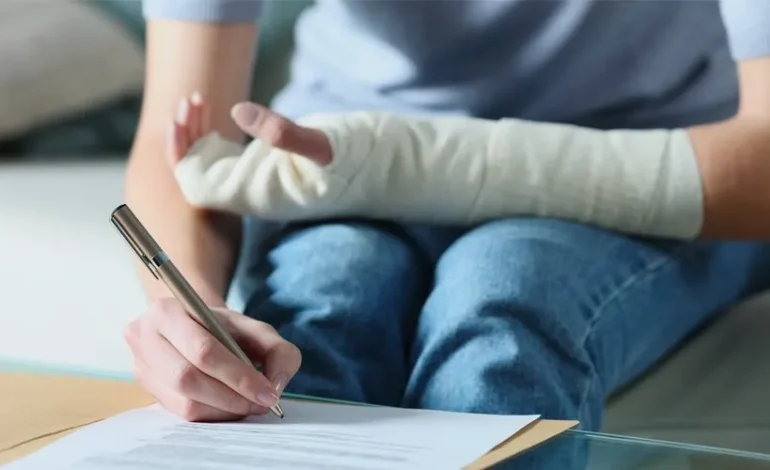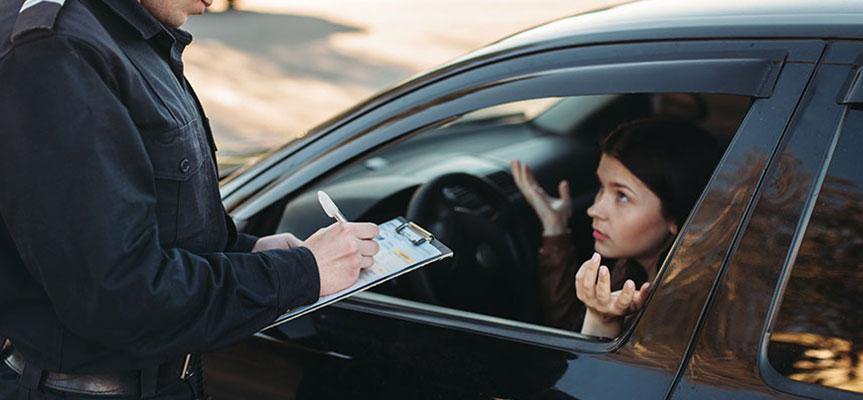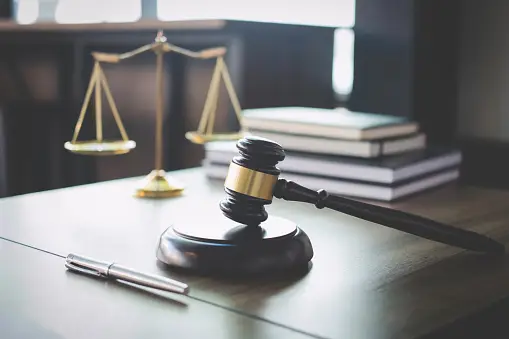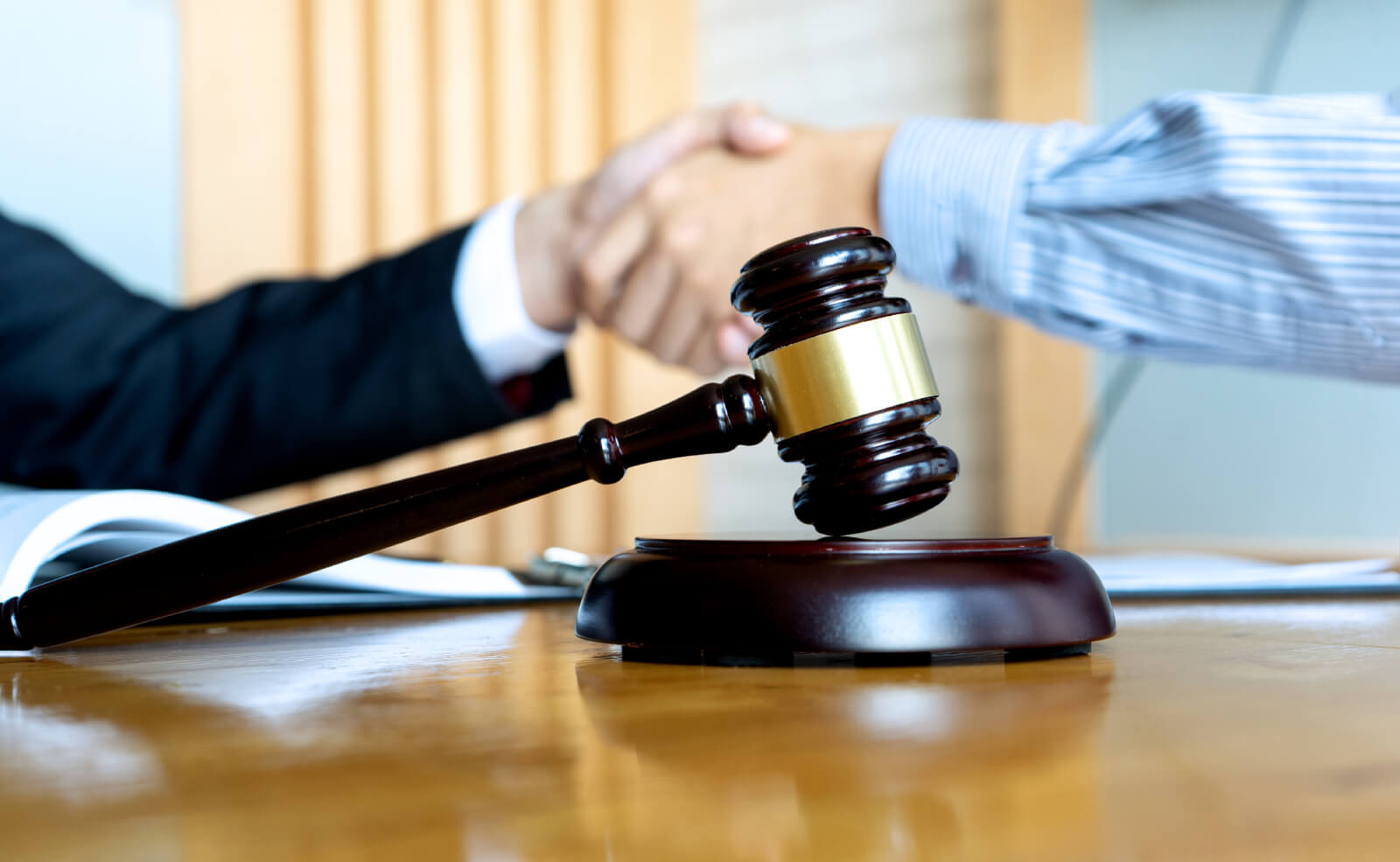
Slipped, Tripped, and Hurt? How to Build a Strong Personal Injury Claim
Accidents happen in an instant. One moment, you’re walking down a grocery store aisle or heading into the office, and the next, you’re on the ground, in pain, and wondering what just happened. Slips, trips, and falls are some of the most common causes of personal injury claims—and for a good reason. They can lead to serious injuries, from sprains and fractures to head trauma and long-term mobility issues.
But not every fall automatically leads to a successful claim. If you’ve been injured due to someone else’s negligence, knowing how to build a strong case is key. From gathering evidence at the scene to understanding your legal rights, here’s what you need to know to protect yourself and pursue the compensation you deserve.
What Makes a Slip and Fall Claim Valid?
Not every fall leads to a lawsuit. For a personal injury claim to be valid, you must prove that someone else—whether a business owner, landlord, or municipality—was responsible for the unsafe conditions that led to your injury.
This typically means showing:
● A hazardous condition existed – This could be a wet floor with no warning sign, uneven pavement, poor lighting, or loose carpeting.
● The responsible party knew (or should have known) about the danger – If a store employee walked past a spill multiple times without cleaning it up, for example, that strengthens your case.
● The hazard directly caused your injury – You need to show that your fall wasn’t due to personal clumsiness but rather a dangerous condition that should have been addressed.
In short, negligence must be involved. If you simply lost your balance on a normal, well-maintained sidewalk, it’s unlikely you have a case. But if you slipped on an unmarked hazard that should have been fixed, you may have a claim worth pursuing.
Immediate Steps to Take After a Slip or Fall
The moments after a fall can be overwhelming, but what you do next can have a major impact on your claim. Here’s what to focus on:
1. Report the Incident Immediately
If you’re in a business, let the manager or owner know right away. If you’re injured on public property, contact the local authority responsible. Always ask for an incident report and get a copy for your records.
2. Gather Evidence at the Scene
Pictures and videos can make or break a claim. If possible, take photos of the hazard that caused your fall, whether it’s a wet floor, cracked pavement, or poor lighting. If you can, capture different angles and note any missing warning signs. Evidence you gather will definitely help personal injury law firm you hire build a solid case.
3. Get Contact Information from Witnesses
If anyone saw your fall, their testimony could be invaluable. Ask for their name and contact information—this could provide key support if the property owner disputes your claim.
4. Seek Medical Attention
Even if you think your injuries are minor, get checked out by a doctor. Some injuries, like concussions or soft tissue damage, might not show symptoms right away but could worsen over time. A medical record also helps link your injury directly to the fall, making it harder for insurance companies to argue against your claim.
5. Keep Documentation
Hold onto medical bills, prescriptions, receipts for any treatment, and even a personal journal documenting your pain and recovery process. The more proof you have of your injury’s impact, the stronger your case.
Understanding Compensation: What Can You Claim?
A successful slip-and-fall claim can cover more than just immediate medical expenses. Depending on the severity of your injury and its long-term effects, compensation can include:
● Medical Bills – From emergency care to physical therapy, all treatment costs should be accounted for.
● Lost Wages – If your injury prevents you from working, you can claim lost income.
● Pain and Suffering – Serious injuries don’t just hurt physically—they can impact mental well-being too. Compensation may reflect long-term suffering.
● Future Medical Costs – If ongoing treatment is needed, those expenses should be included.
In severe cases, where a fall leads to permanent disability, the claim may also cover reduced earning capacity and long-term care needs.
Common Defenses Property Owners Use (And How to Counter Them)
Even when negligence is clear, property owners and insurance companies will try to protect themselves from paying out. Here are some common defenses—and how to fight back.
“You Weren’t Paying Attention”
If they claim you were distracted (like looking at your phone), your case may weaken. However, if a hazard was unreasonably dangerous or poorly marked, their responsibility still stands.
“The Hazard Was Obvious”
They might argue that you should have seen the danger and avoided it. This can be countered if poor lighting, lack of signage, or another factor made the hazard difficult to detect.
“You Were Trespassing”
If you were injured on private property without permission, your rights may be limited. However, there are exceptions, especially if the property owner knew people regularly entered the area.
“You Had Unsafe Footwear”
Wearing improper shoes (like flip-flops in icy conditions) could be used to reduce liability. But if the hazard was unreasonably dangerous regardless of footwear, your case remains strong.
Having clear evidence and legal representation can help counter these arguments and ensure your claim isn’t unfairly dismissed.
When to Speak with a Lawyer
Some minor falls may not require legal action. But if you’ve suffered serious injuries, are facing high medical costs, or if the responsible party is denying fault, it’s worth speaking with a personal injury lawyer. They can help:
● Assess whether you have a strong case
● Handle negotiations with insurance companies
● Ensure you receive fair compensation
Most personal injury lawyers offer free consultations and work on a contingency basis—meaning they don’t get paid unless you win your case. That means you can explore your options without financial risk.
Don’t Let a Fall Set You Back
Slipping, tripping, and falling can lead to more than just embarrassment—it can cause lasting physical, emotional, and financial consequences. If someone else’s negligence led to your injury, don’t ignore it.
By taking the right steps early, gathering evidence, and seeking legal guidance when needed, you can protect your rights and secure the compensation you deserve. Whether it’s a business, landlord, or city at fault, holding them accountable helps prevent future accidents for others too.
If you’ve been injured, know that you don’t have to navigate the process alone. Take action, seek help, and focus on your recovery—because your well-being matters.





